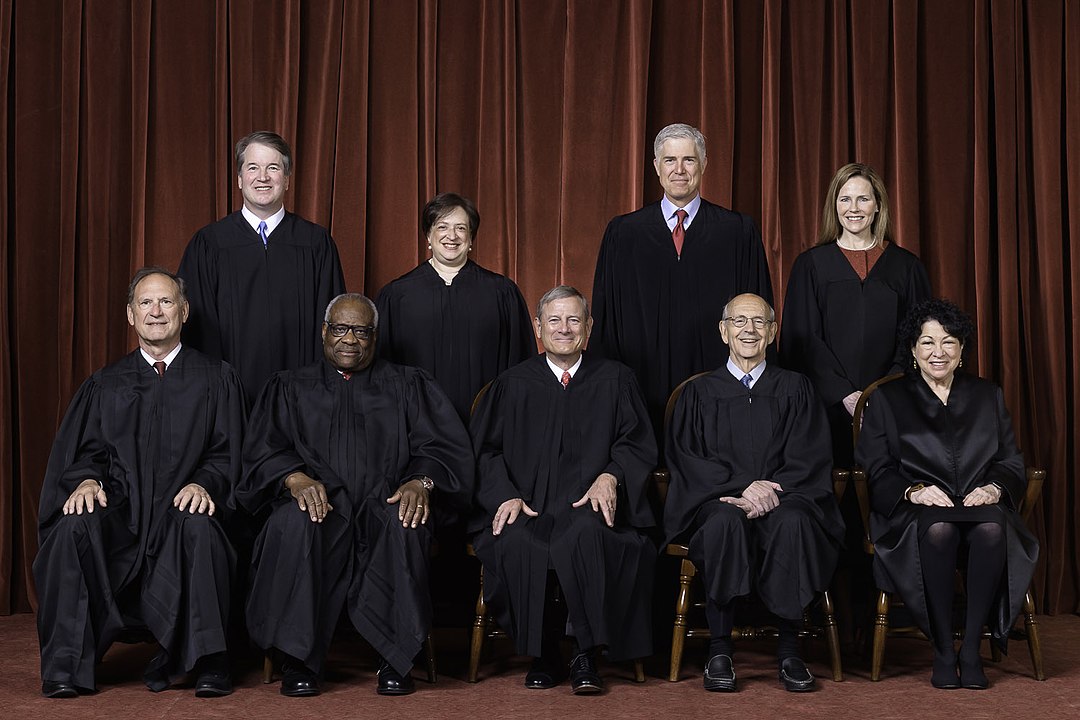
- Details
- By Native News Online Staff
Women across Indian Country react to the Supreme Court’s overturning of Roe v. Wade. Here are some of their public statements on the issue.
Secretary of the Interior Deb Haaland, Laguna Pueblo: Today’s decision is a shameful step backwards that seeks to disempower women by micromanaging our bodies. Women in this country deserve better. Congress must act.
Minnesota Lt. Governor Peggy Flanagan, White Earth Band of Ojibwe: Our Administration will continue to do everything in our power to protect people’s right to make their own reproductive health care decisions. In Minnesota, your reproductive rights will stay protected.
U.S. Rep. Sharice Davids, Ho-Chunk: This is no longer hyperbole or hypothetical. For 50 years, we’ve been protected from the most extreme attempts to control people’s decisions about their bodies, but that protection is now gone and Kansas is at a major decision point. Will we stand by as Kansas joins a wave of states with extreme, no-exception bans? Or will we make it known that in Kansas, we support women and access to health care–and we believe politicians have no right to take away a person’s right to choose? I urge folks to consider carefully what’s at stake. I will always work to protect Kansans’ rights to choose—starting by voting no on the amendment seeking to strip existing protections from our state constitution in August.
Mary Peltola, Yup’ik, Congressional Candidate, Alaska (D): It is with great concern that I stand up and voice my sorrow over today’s Supreme Court ruling overturning Roe v. Wade. Those who try to take away our rights always underestimate our strength. Alaska legalized abortion before Roe was the law of the land. We must protect it after.
Sarah Deer, Muscogee (Creek) Nation lawyer and professor of Women, Gender, and Sexuality studies at Kansas University: If you are suggesting that tribal nations will be your savior for abortions and you don't know what the Hyde Amendment is, then stop tweeting about it. Your ignorance is stunning.
Stacy Leeds, ᏣᎳᎩ, Arizona State University Law Professor: Central to their success, colonizers seize bodily autonomy. I know in the depths of my heart/soul, Cherokee men do not control the bodies of Cherokee women by force of government. Tribal sovereignty + bodily sovereignty are intertwined. When one goes, so will the other. Like me, a woman may conclude by her faith, values and intellect that life is sacred at the beginning and end. If my sisters reach a different conclusion based on their circumstances and truth, I will love and support and fight for them.
Arlyssa D. Becenti, Diné journalist and Indigenous affairs reporter at Arizona Central:If we lived in a matrilineal society like Navajo we wouldn’t be having any of these problems.
Abigail Echo-Hawk, Pawnee director of the Urban Indian Health Institute: Native people always have and always will choose despite colonial hands trying to control our bodies #choice
Holly Guise Atiġa Miowak/Mayuġiak Iñupiaq historian: This quote about what the “founding fathers” “wanted” underscores how patriarchy continues to function in govt from its inception to present and also how colonialism relies on the vagueness of a state origin story.
More Stories Like This
Native News Weekly (August 25, 2024): D.C. BriefsUS Presidents in Their Own Words Concerning American Indians
Native News Online Marks 15 Years of Warrior Journalism
I’m a Minneapolis Postal Worker. This Is What I Saw.
Next on Native Bidaské: Inside Dark Winds with the Cast of Season 4
Help us defend tribal sovereignty.
At Native News Online, our mission is rooted in telling the stories that strengthen sovereignty and uplift Indigenous voices — not just at year’s end, but every single day.
Because of your generosity last year, we were able to keep our reporters on the ground in tribal communities, at national gatherings and in the halls of Congress — covering the issues that matter most to Indian Country: sovereignty, culture, education, health and economic opportunity.
That support sustained us through a tough year in 2025. Now, as we look to the year ahead, we need your help right now to ensure warrior journalism remains strong — reporting that defends tribal sovereignty, amplifies Native truth, and holds power accountable.
 The stakes couldn't be higher. Your support keeps Native voices heard, Native stories told and Native sovereignty defended.
The stakes couldn't be higher. Your support keeps Native voices heard, Native stories told and Native sovereignty defended.
Stand with Warrior Journalism today.
Levi Rickert (Potawatomi), Editor & Publisher


